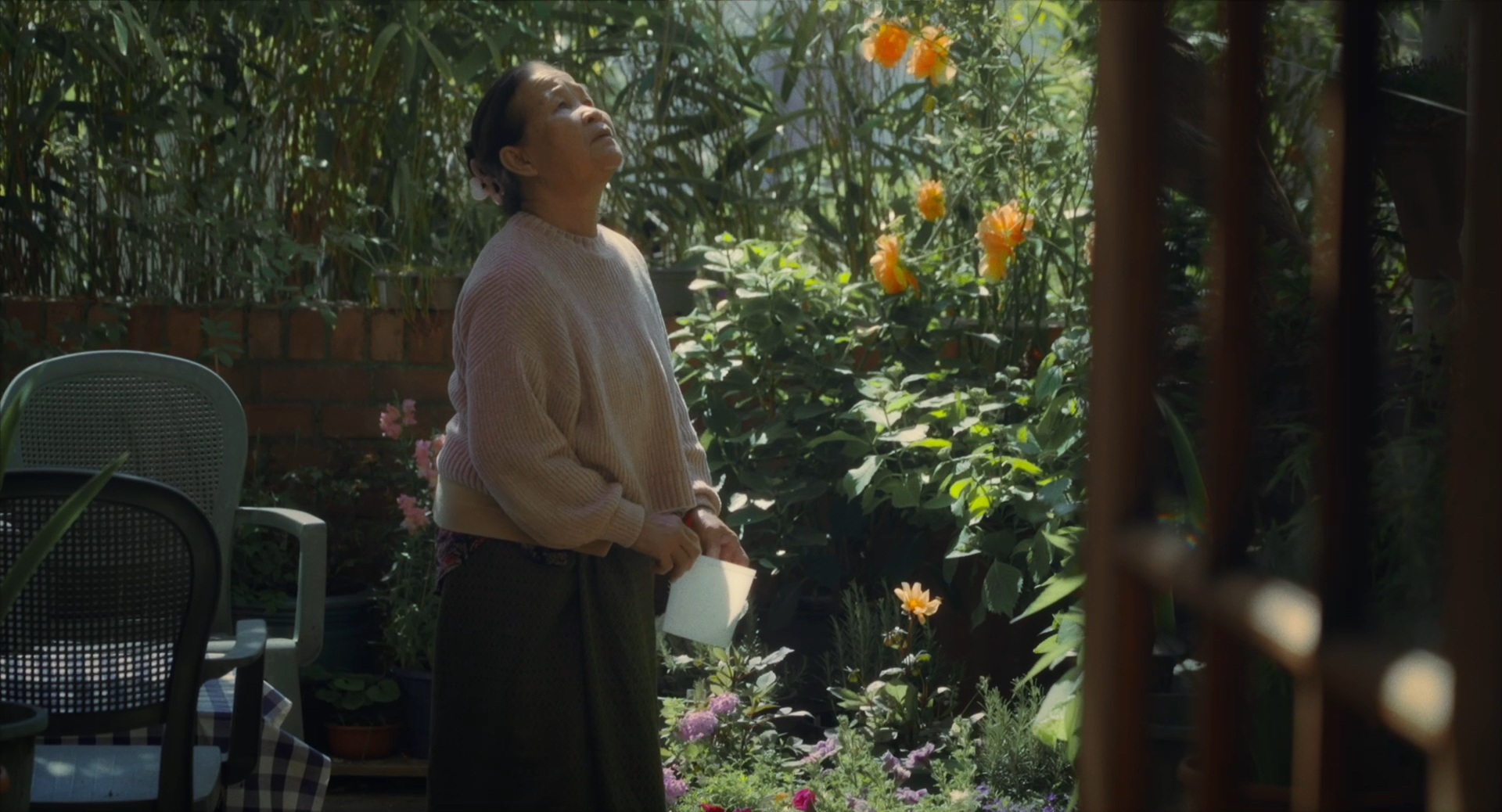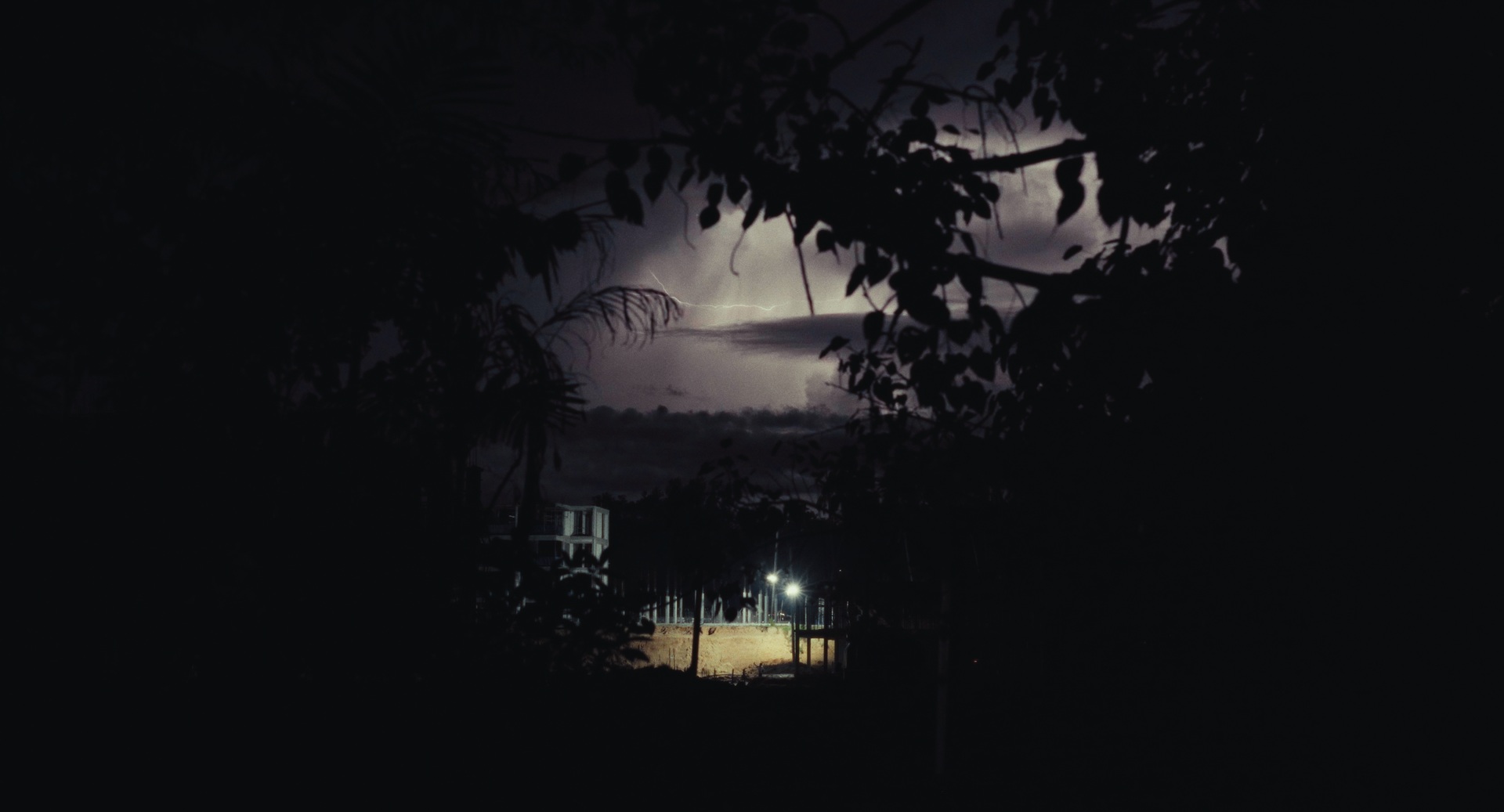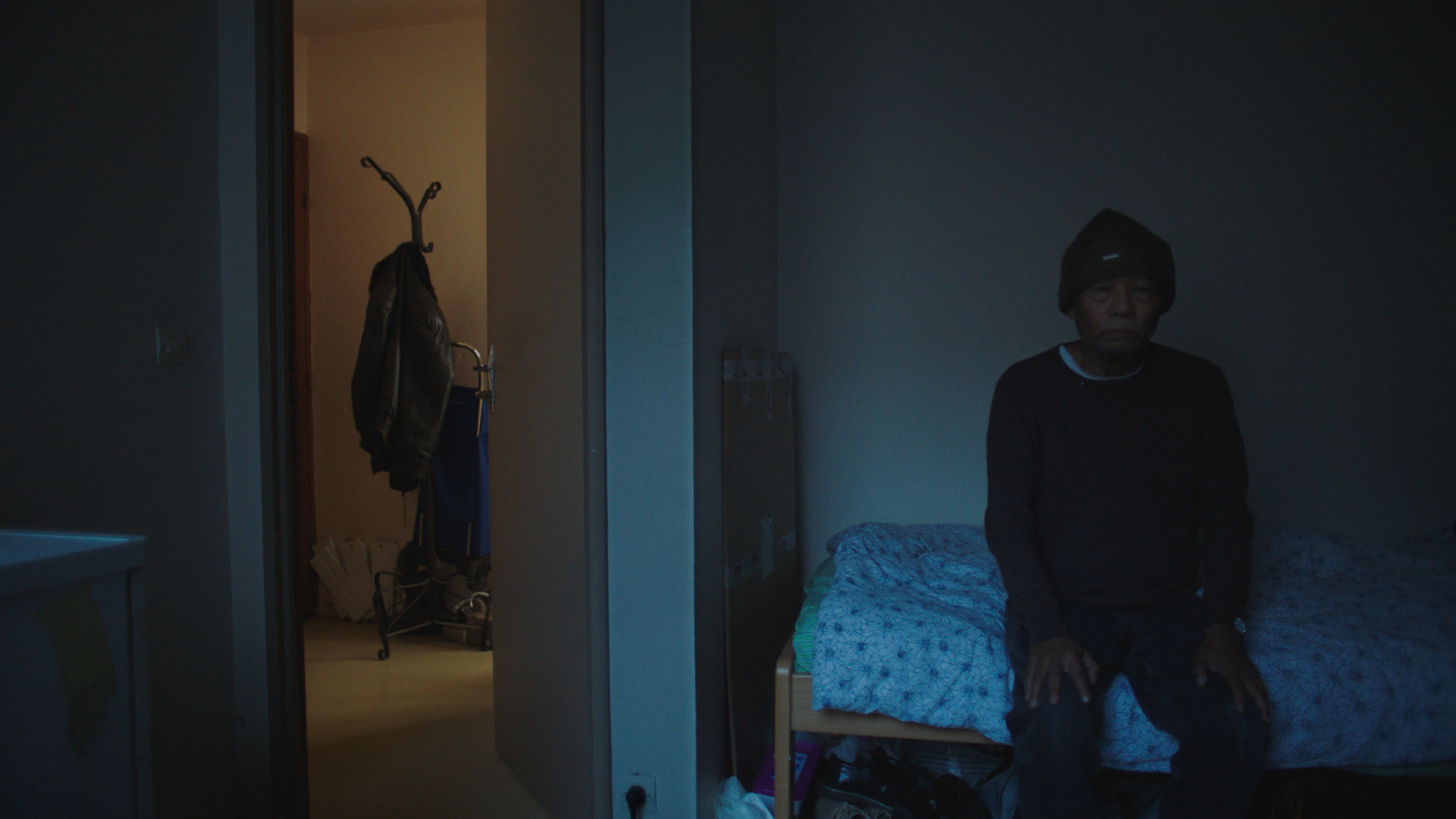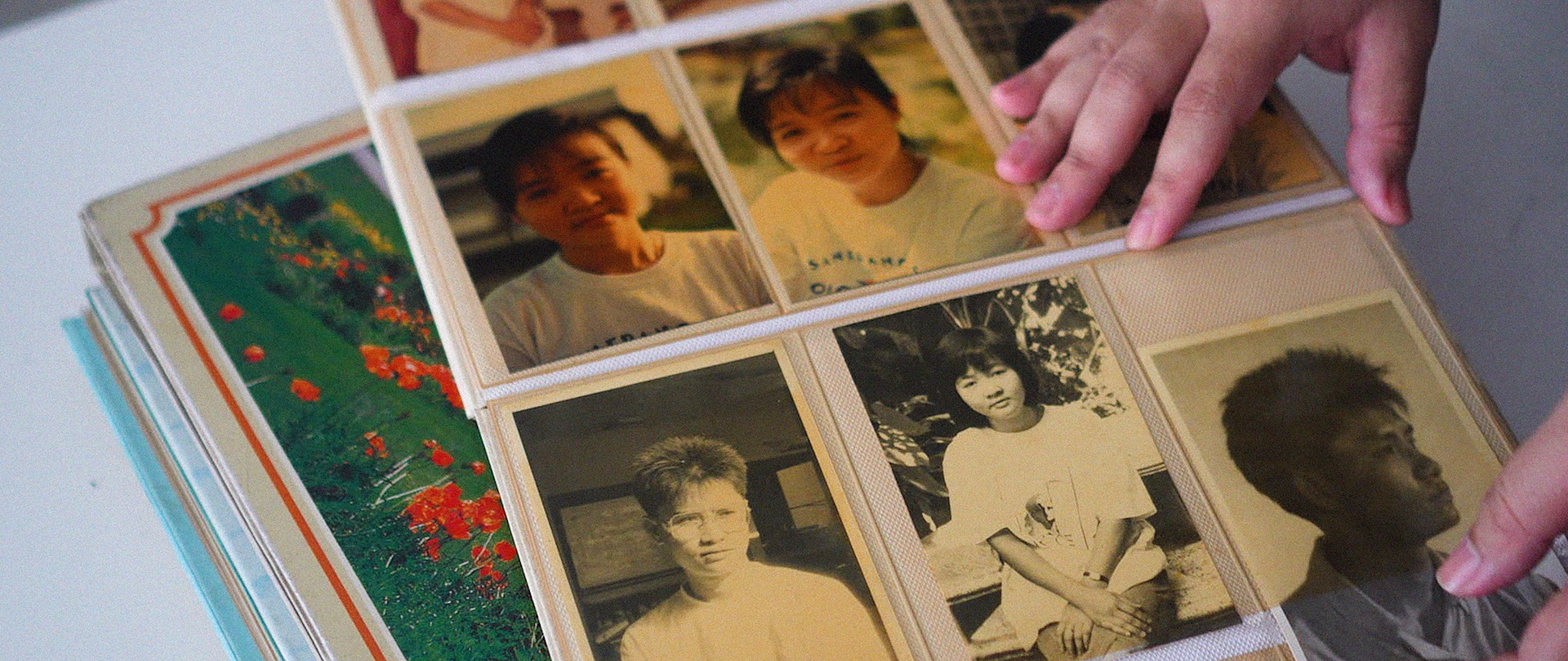
สายประกวดภาพยนตร์สารคดีไทย
ติด ร. (Pending)
(ธันยชนก แสงบรรจง / 2025 / 20 min / Thailand)
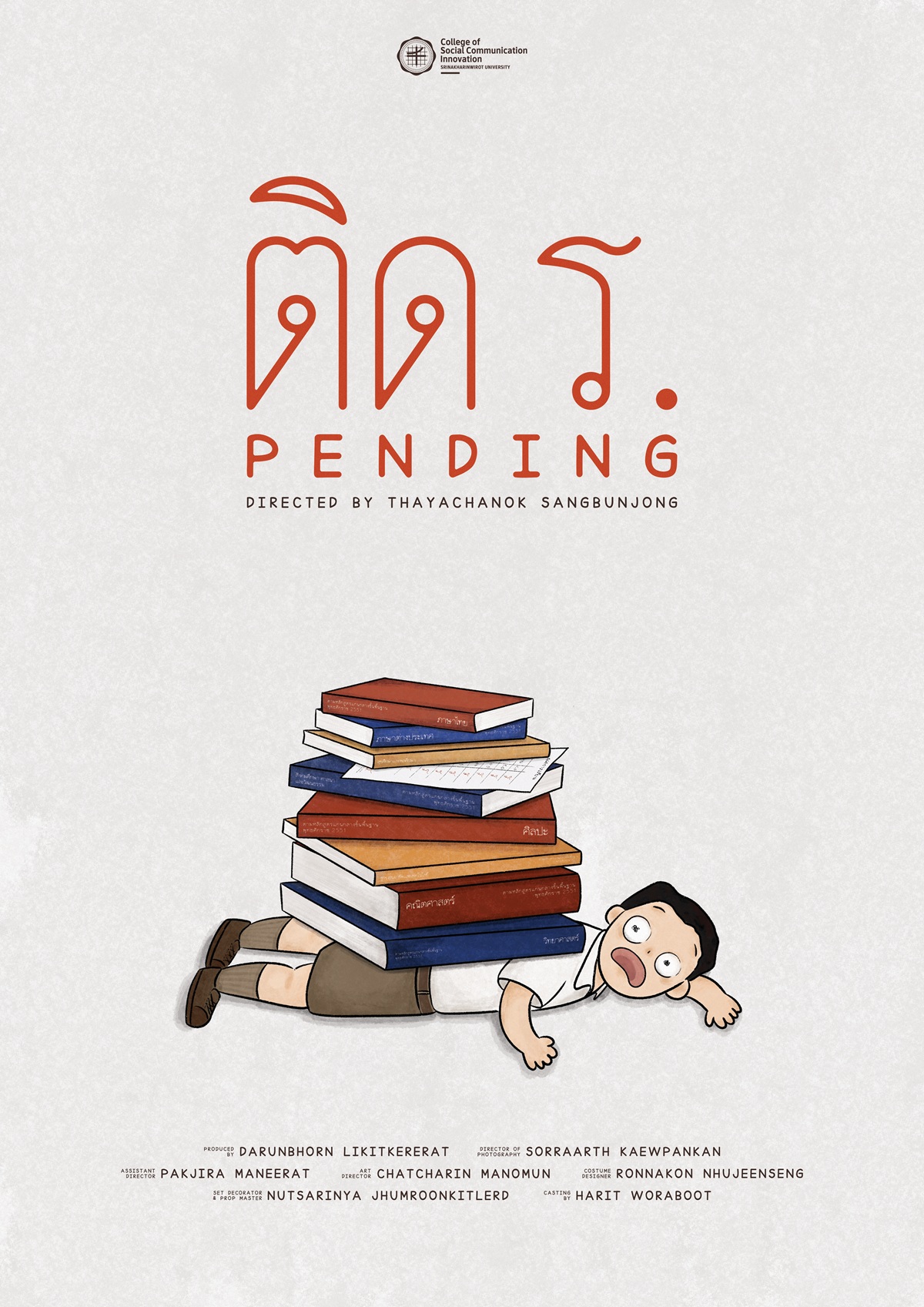
ภาพยนตร์สารคดี ติด ร. เริ่มจากการเล่าชีวิตประจำวันของเด็กนักเรียนในโรงเรียนชนบท ที่ยังคงเรียนอยู่ภายใต้หลักสูตรการศึกษาขั้นพื้นฐาน พ.ศ. 2551 ซึ่งถูกใช้ต่อเนื่องยาวนานมากว่า 16 ปี ทำให้ในการประชุมในสภาผู้แทนราษฎร เมีสภาผู้แทนราษฎรฝ่ายค้าน ลุกขึ้นอภิปรายถึงความล่าช้าในการเปลี่ยนผ่านสู่หลักสูตรฐานสมรรถนะ ประกอบกับคำสัมภาษณ์จากนักการเมือง นักวิชาการ ที่วิพากษ์หลักสูตรเก่า พร้อมชี้ให้เห็นว่า รัฐบาลเคยประกาศจะเปลี่ยนหลักสูตรใหม่ให้ครอบคลุมภายในปี 2567 แต่ในปี 2568 กลับยังไม่มีการใช้งานจริง
โรงเรียน สุจิปุลิ โรงเรียนเอกชนที่นำแนวคิดฐานสมรรถนะมาปรับใช้ ซึ่งชี้ให้เห็นกระบวนการการเรียนรู้ที่เต็มไปด้วยการเรียนรู้ที่อิสระของนักเรียน สะท้อนความเป็นไปได้ของระบบใหม่ พร้อมการอธิบายว่า สมรรถนะ คืออะไร และจะเปลี่ยนการเรียนการสอนให้เด็กเรียนอย่างเข้าใจแทนการจดจำได้อย่างไร ความครุกรุ่นทางการเมืองก็เกิดขึ้นเมื่อทั้งนักการเมืองและนักวิชาการต่างพูดถึงการถูกหยุดชะงักของการเปลี่ยนแปลงหลักสูตรโดยรัฐบาลชุดก่อนว่า เป็นเพราะผลประโยชน์เรื่องสำนักพิมพ์ ทว่ารัฐมนตรีช่วยว่าการกระทรวงศึกษาธิการก็ตัดบททุกข้อกล่าวอ้าง โดยการให้คำมั่นว่า เทอมที่ 1 ของปีการศึกษา 2568 จะมีโรงเรียนที่ได้ใช้หลักสูตรฐานสมรรถนะ อย่างไรก็ตามมีเสียงแย้งจากครูบางคน ที่ยังไม่รู้ด้วยซ้ำว่าหลักสูตรใหม่คืออะไร และไม่เคยได้รับการอบรมใด
โรงเรียนในชนบทที่ทดลองใช้หลักสูตรใหม่นี้ด้วยตัวเอง ก็เต็มไปด้วยความทุลักทุเล ทั้งเรื่องความพร้อมของบุคลากร และทรัพยากรที่จำกัด นอกจากนี้ยังมีเสียงจากครูที่ยังสะท้อนถึงระบบราชการที่ไม่เอื้อให้ครูมีเวลาสำหรับการพัฒนาตนเอง โดยนักวิชาการและนักการเมืองรุ่นใหม่ยังคงย้ำว่า หากหลักสูตรนี้สำเร็จจริง เด็กไทยจะกลายเป็นพลเมืองที่คิด วิเคราะห์เป็น และกล้าตั้งคำถาม การพัฒนาการศึกษาไม่ใช่เรื่องของกระทรวงหรือโรงเรียนเท่านั้น แต่คือหน้าที่ของทั้งสังคม ที่ต้องช่วยกันเป็นกระบอกเสียงเพื่อให้เกิดการเปลี่ยนแปลงอย่างแท้จริง ก่อนที่ปัญหาทั้งหมดจะตกลงมาที่เด็กๆ ผู้ที่รอคำตอบจากระบบที่ยัง ติด ร. อยู่จนถึงทุกวันนี้
Director’s Statement :
Like many others, I have experienced Thailand’s education system firsthand — with its strong focus on memorization, outdated curriculum, standardized tests that don’t truly reflect students’ abilities, and classrooms where students’ voices are rarely heard. These problems are not just personal frustrations; they show deeper structural issues that slow down our country’s development and cause long-term challenges like economic inequality, lack of innovation, and weak civic understanding.
In 2020, Thailand saw a wave of youth-led political movements where students openly questioned their education for the first time in decades. They challenged the curriculum, teaching styles, and power structures in schools. This showed that education is not just a distant topic but something personal and urgent, and that real change is overdue.
What pushed me to make this documentary was noticing a gap in how this issue is discussed publicly. While education problems are often covered in the news or academic talks, there is little cinematic work exploring the national curriculum — the core framework shaping Thai education. Although reform has been promised since 2021, we still use a curriculum introduced in 2008. Plans for a new competency-based curriculum have quietly been delayed, raising questions about transparency and political influence.
This film, “PENDING”, was made during the time when the Ministry of Education promised to launch the new curriculum. It reflects and asks: Will this long-awaited change finally happen? And if not, what is still holding us back?
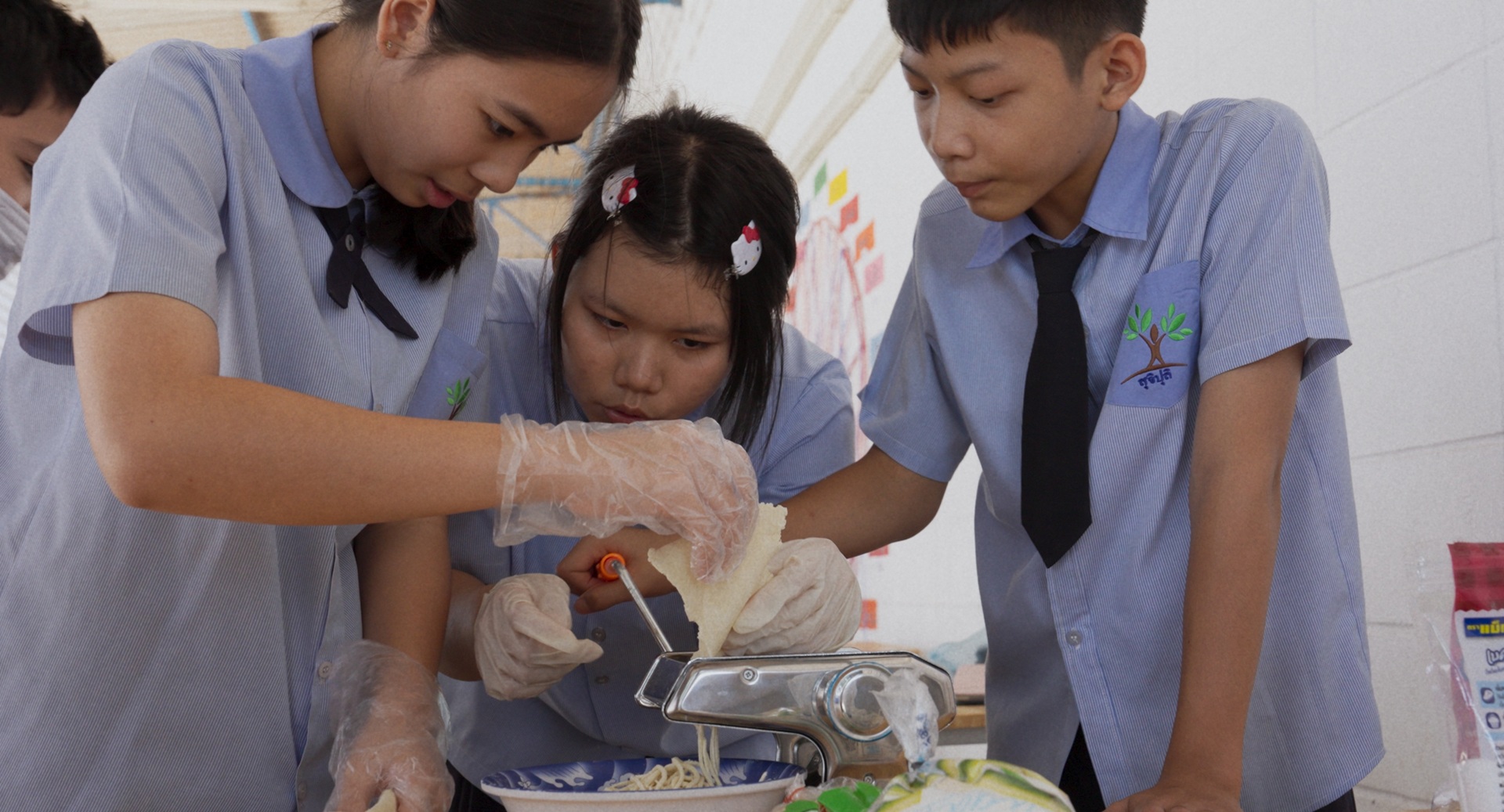
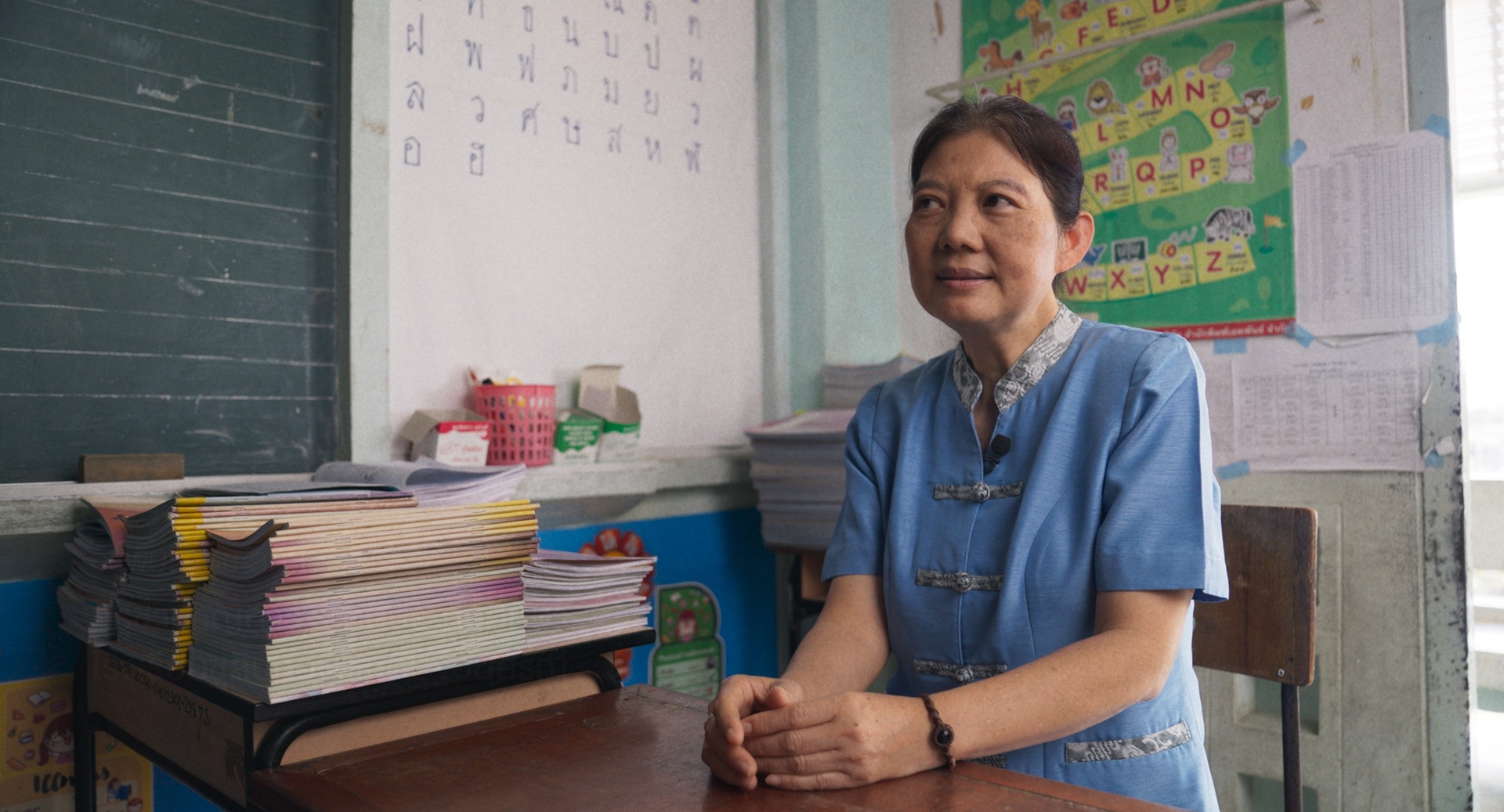
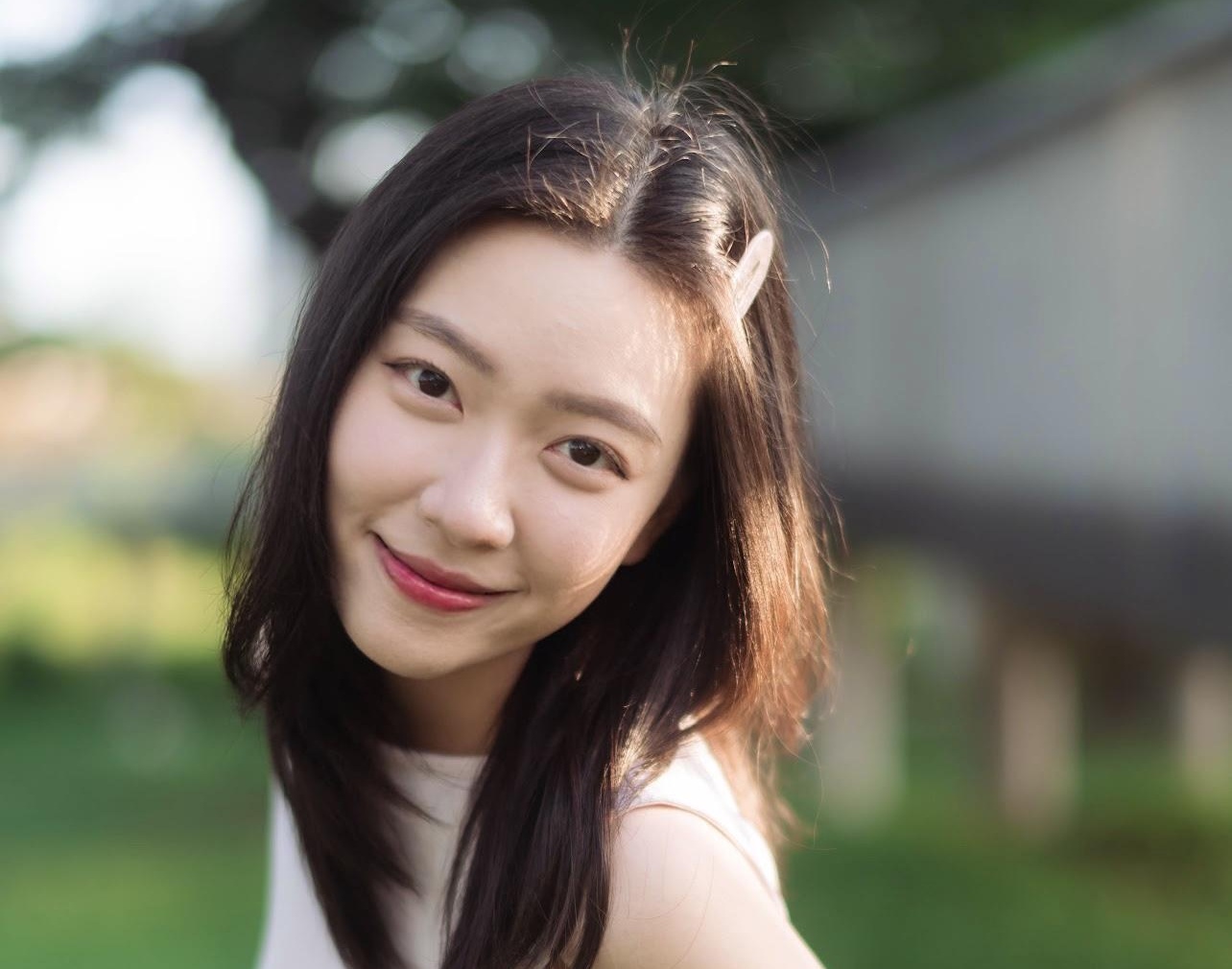
ธันยชนก แสงบรรจง
Thanyachanok Sangbunjong is a recent graduate in Cinema from the College of Social Communication Innovation, Srinakharinwirot University. Her creative journey is deeply inspired by a strong interest in political, social, and historical issues, which often become central themes in her short films and documentaries.
Her short films often explore political and historical narratives through symbolic and poetic forms, with an emphasis on visual storytelling. She believes that film allows space for interpretation—inviting viewers to reflect and connect with the imagery through their own experiences. Rather than delivering clear messages, her works create multi-layered narratives that remain open to thought and meaning.
Her poetic short films often explore the relationship between personal emotions and collective memory, while her documentaries take a more grounded approach. One of her notable works focuses on the structural problems within Thailand’s education system, particularly the everyday struggles of public school teachers.
In 2023, she participated in the 37th Thai Short Film & Video Festival, where her work was publicly screened.
Thanyachanok sees cinema not only as a mirror to society, but also as a quiet force that can gently raise questions and inspire change. Her work continues to explore the intersection of politics, history, and emotional truth through a visual language that values ambiguity and interpretation.
Filmography :
A Short Story in Motion (2022)
A Drop in Time (2023)
Section 37 (2023)
Tuition (2023)
PENDING (2025)

